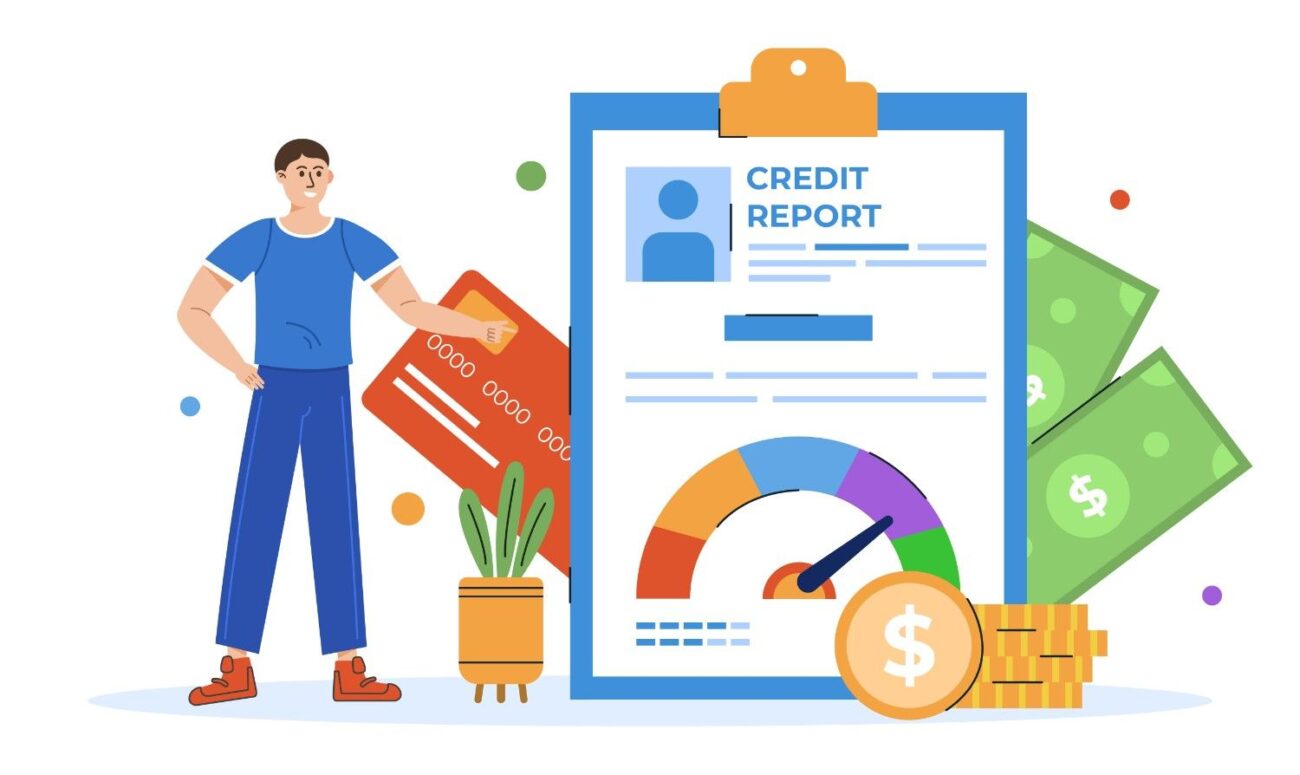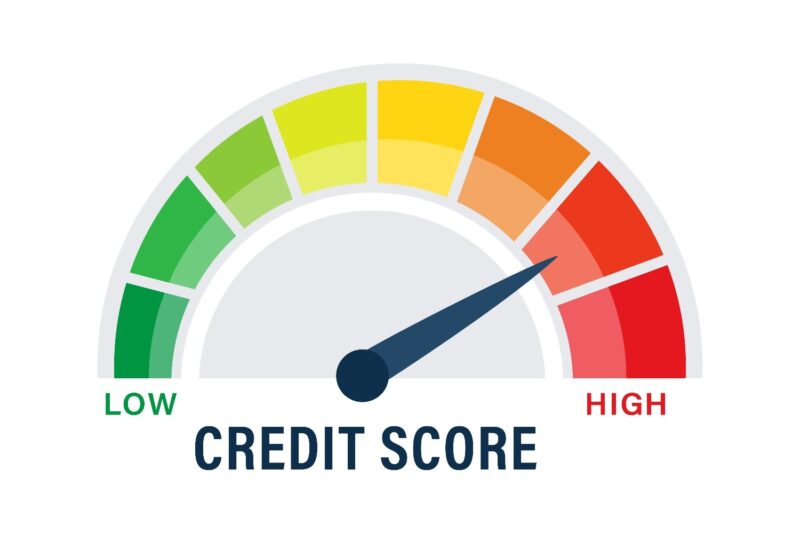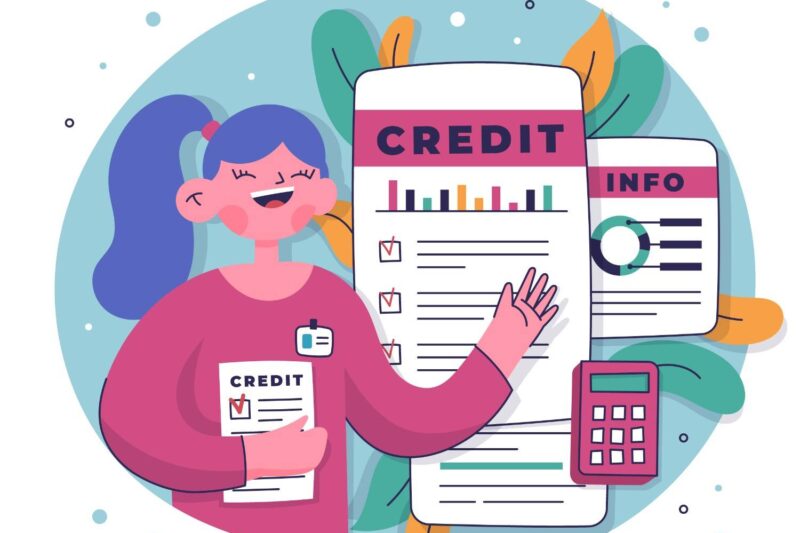Your financial history is revealed by your credit profile. It displays your ability to manage credit cards, pay back loans, and handle money. This profile acts as a representation of your credibility to lenders, and it is a key factor when deciding whether you will be granted a credit card or loan and at what interest rate.
Keeping a positive credit profile is becoming crucial in India, where access to money is growing quickly. However, creating an effective one may seem difficult if you’re just getting started or have made some financial errors. The good news? You can build a strong credit profile that leads to better financial opportunities with a few easy steps and regular habits.
Understanding Your Credit Profile
A complete record of your past credit usage, including credit card use, loan repayments, and remaining balances, is called your credit profile. Credit bureaus such as Equifax, Experian, and CIBIL collect this information and use it to calculate your CIBIL score.
Responsible borrowing and timely repayments are reflected in a well-maintained credit profile. Earning the trust of lenders, getting better interest rates, and obtaining loans are all made easier with a stronger profile.
Start Small and Smart
Starting small is the first step towards building your credit profile if you’ve never previously taken out a loan. You don’t have to take out big loans immediately. Rather, start with options that are easy for beginners, such as
- Secured credit cards are perfect for first-time consumers because they can be obtained against a fixed deposit.
- Banks and fintech apps offer small personal loans to help you build up an early repayment history.
- Credit builder loans are distinctive financial tools created to demonstrate a borrower’s commitment to repayment.
Pay Every Bill on Time
The most efficient way to improve your credit score is to make on-time payments. Missed EMIs or late payments may harm your financial standing with lenders and lower your CIBIL score.
You can maintain consistency by setting up timetable alerts, reminders, or auto-debits. Treat every due date as a fixed one because even one late payment could destroy months of good behaviour.
Keep Credit Utilisation in Check
How much credit you use is just as important for managing your credit profile as the way that you repay it. Make an effort to use less than 30% of your entire limit.
For example, don’t use more than ₹30,000 per month if your card limit is ₹1,00,000. Lenders consider a lower utilisation ratio as proof of strong financial discipline since it indicates you are in control of your spending.
Avoid Too Many Credit Applications
Your credit profile could be damaged if you apply for multiple loans or credit cards quickly. Each application leads to a difficult inquiry, and multiple requests may give the conclusion that you are in serious need of credit.
Be careful to only apply when required and after checking your eligibility. Responsible borrowing protects your credit profile from unwanted harm and indicates financial maturity.
Check Your Credit Reports Regularly
Mistakes arise. Credit reports sometimes include incorrect or outdated information, such as late payments or closed accounts that seem to be active. These mistakes can affect your profile and lower your score.
At least twice a year, review your CIBIL report. Credit bureaus provide one free report to you every year. If you see a mistake, file a complaint immediately to have it fixed. Your credit profile will correctly reflect your financial behaviour if your report is clean.
Keep Old Credit Accounts Open
The duration of your credit history is important. Many people think that closing old accounts makes things easier, but in reality, it can shorten the history of your credit profile. Lenders prefer durability and long-term repayment stability, which are demonstrated by older accounts.
Keep an old credit card open and use it only if you aren’t using it frequently. Just make sure there aren’t any annual or hidden fees.
Diversify Your Credit Mix
Secured loans, such as home or vehicle loans, and unsecured loans, such as credit cards or personal loans, are all included in a balanced credit profile. Having a combination of both indicates your ability to responsibly handle different forms of credit.
In the view of lenders, this range shows that your capacity to repay improves your overall creditworthiness.
Be Patient and Stay Consistent
It requires determination and time to build a trustworthy credit profile. It all comes down to developing tiny, regular habits like avoiding unnecessary debt, keeping balances low, and paying bills on time.
These actions add up over time, raising your CIBIL score and creating an image for dependability that lenders value.
Conclusion
Your credit profile reflects your financial status and is more than just a report card. A strong one provides access to greater opportunities, such as reduced interest rates, quicker loan approvals, and increased credit limits.
Begin slowly, make regular payments, and practice careful financial management. Examine your reports regularly, fix errors as soon as you find them, and let your positive habits do the conveying.
Keep in mind that regularity is more important than perfection. Your profile gets stronger with each timely payment and wise financial choice, preparing you for long-term success and security. You can create a strong financial basis that truly helps you if you are cautious and focused.




